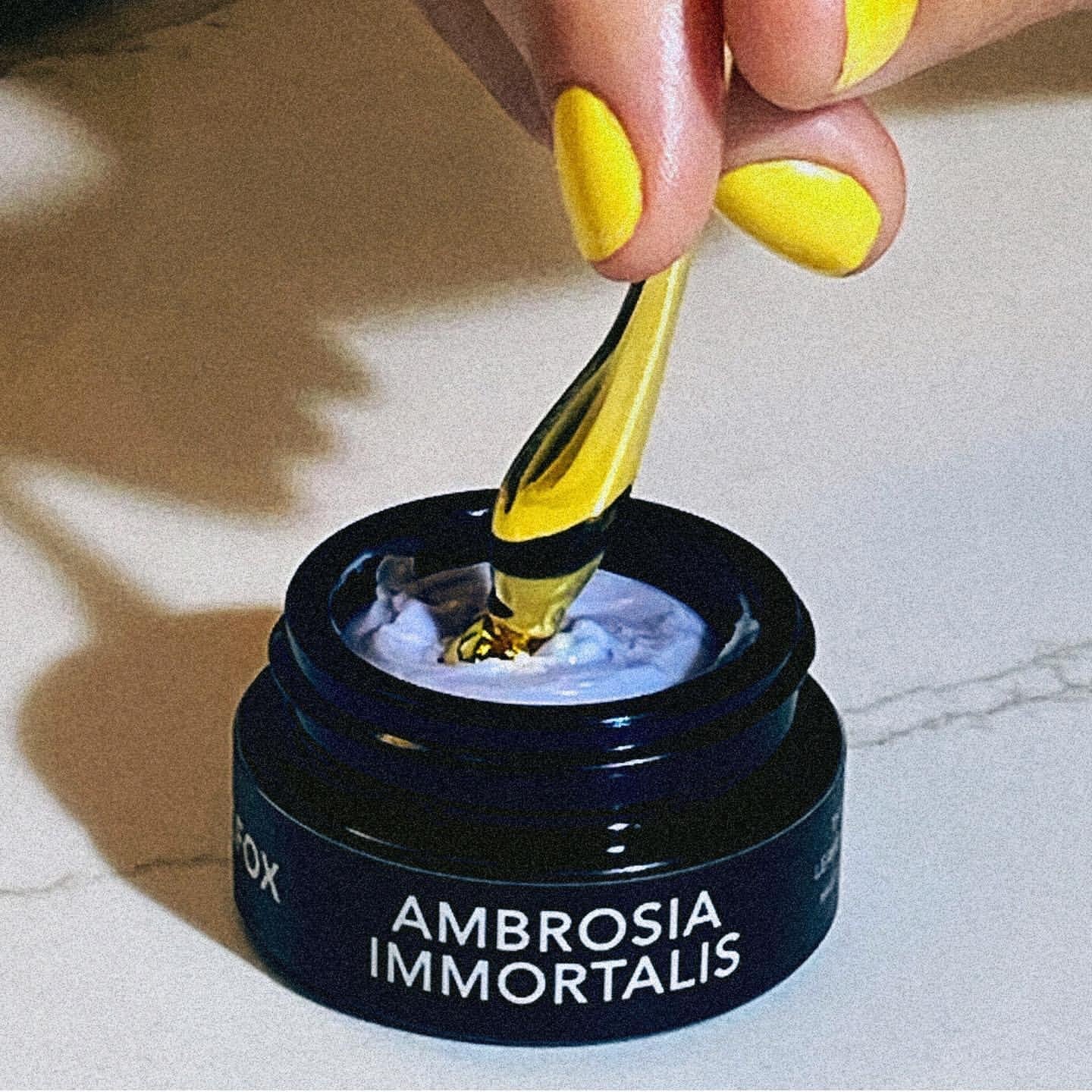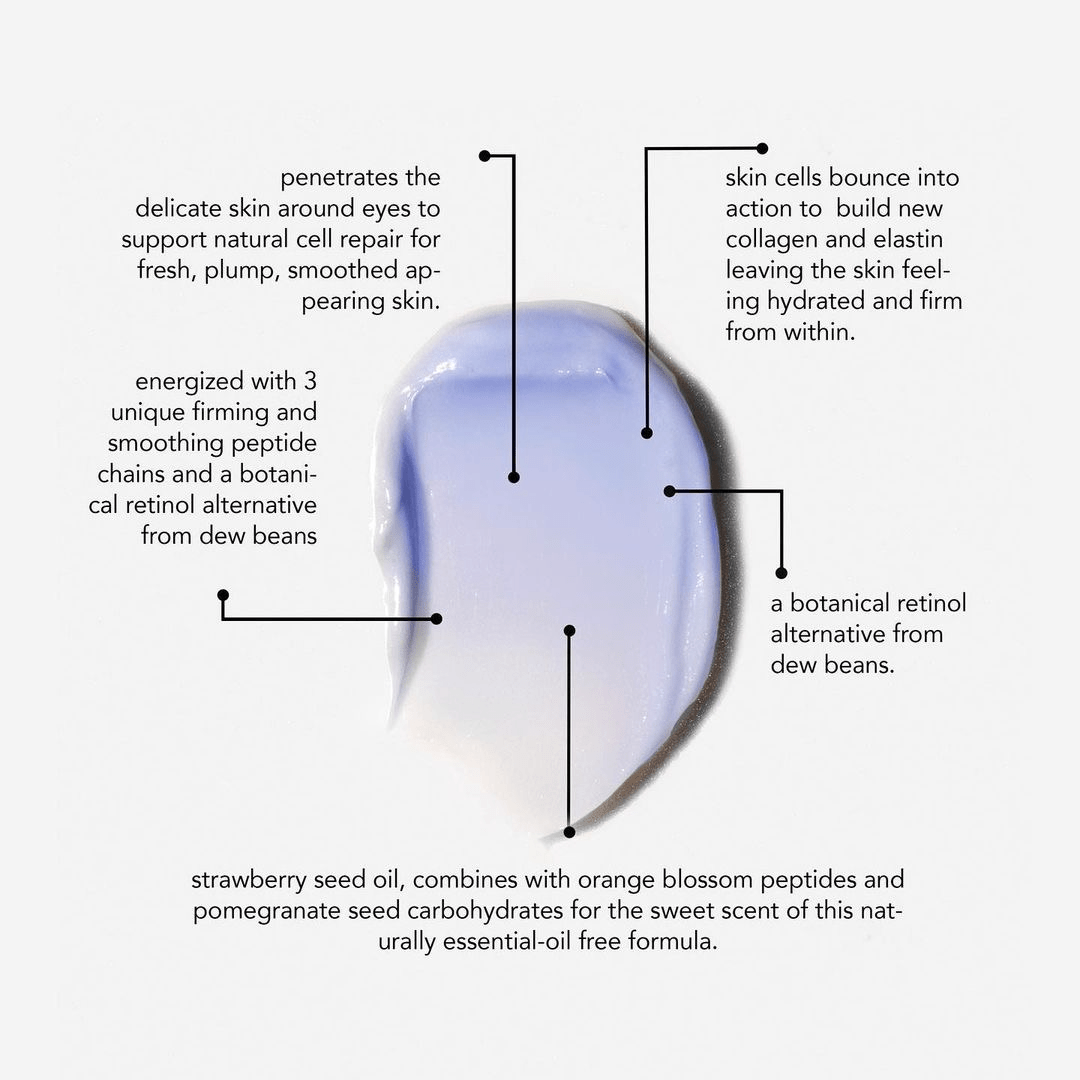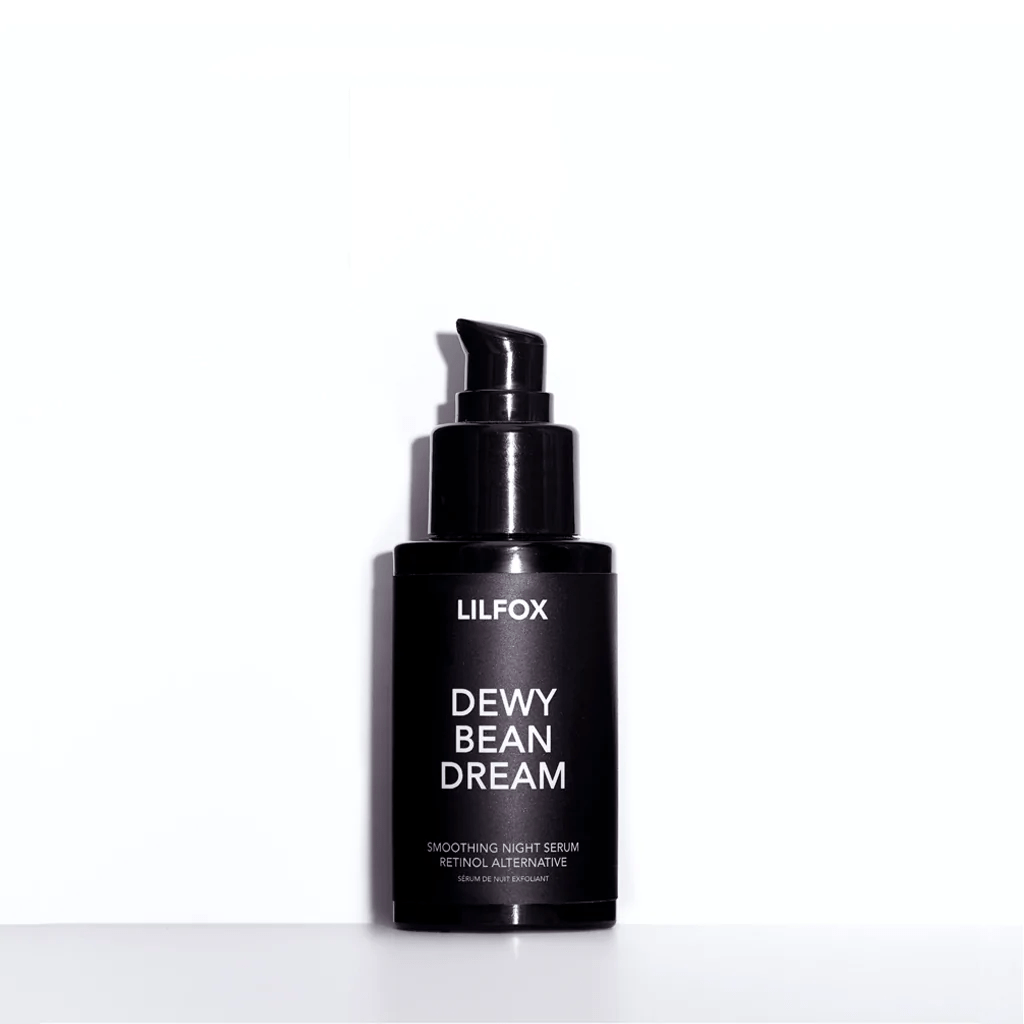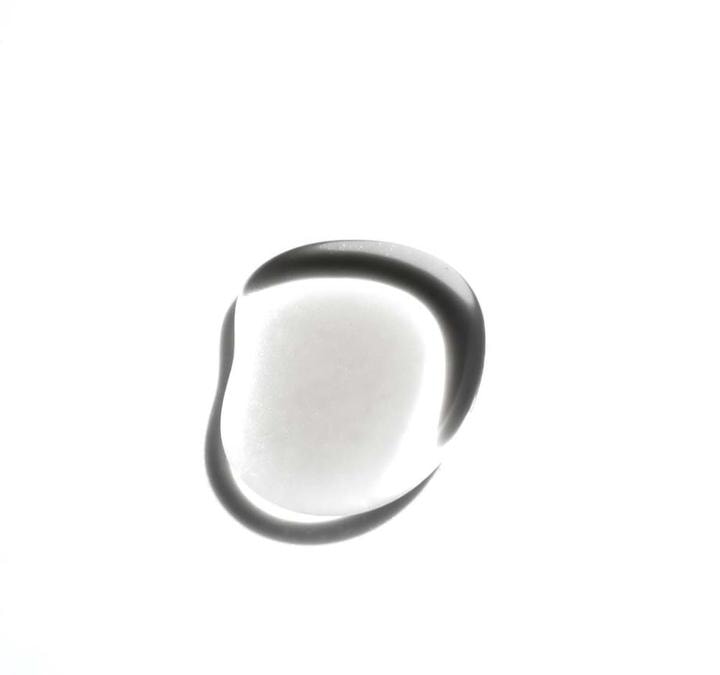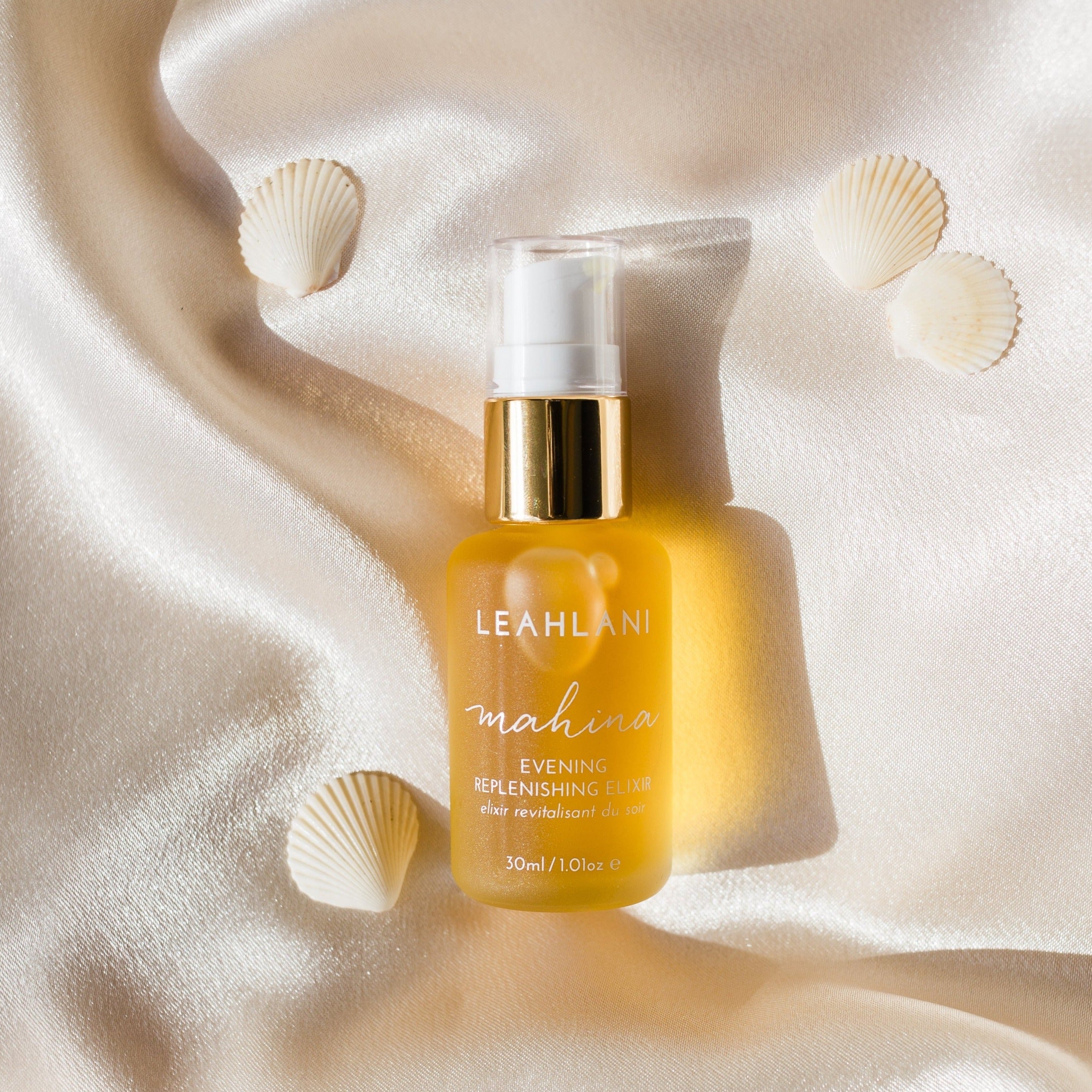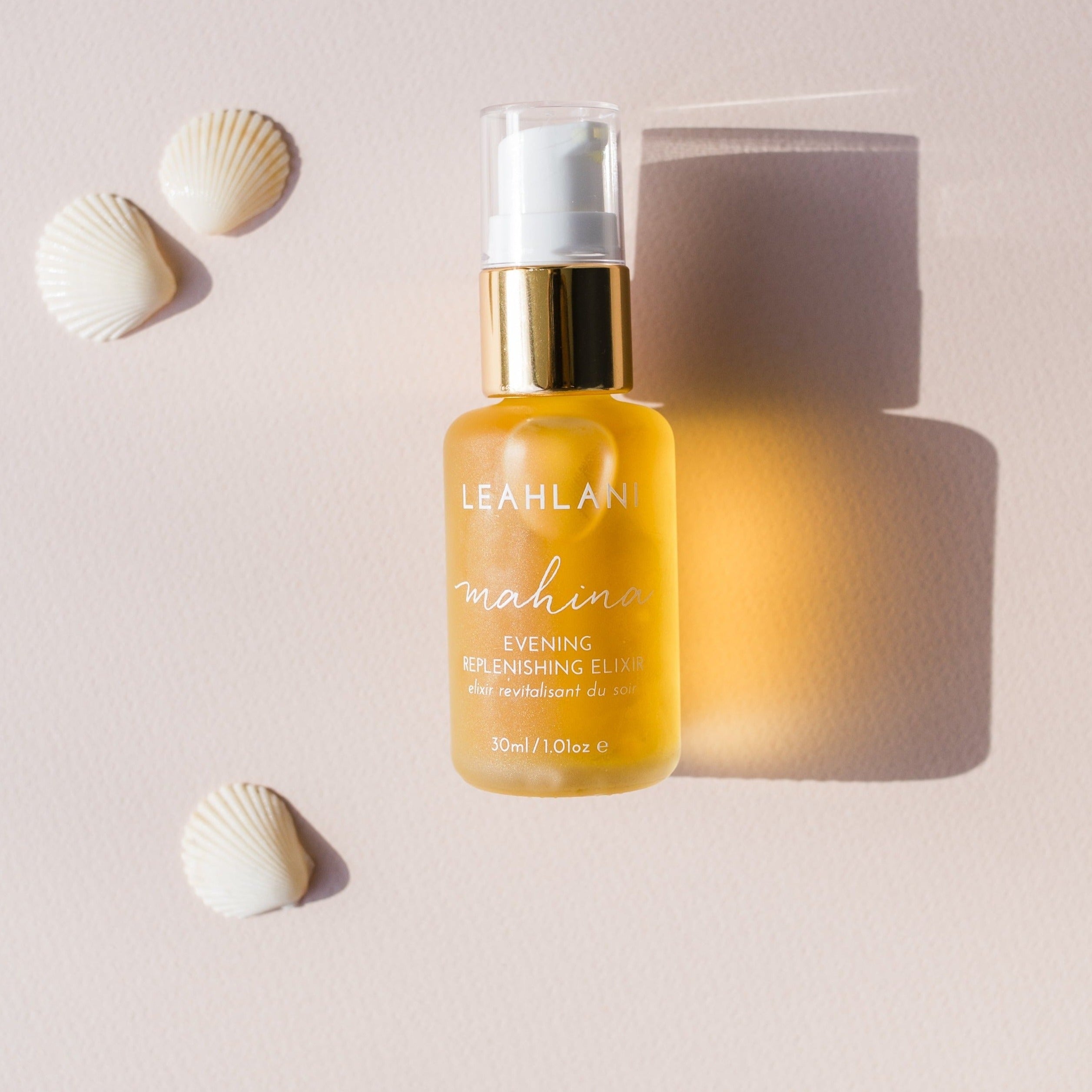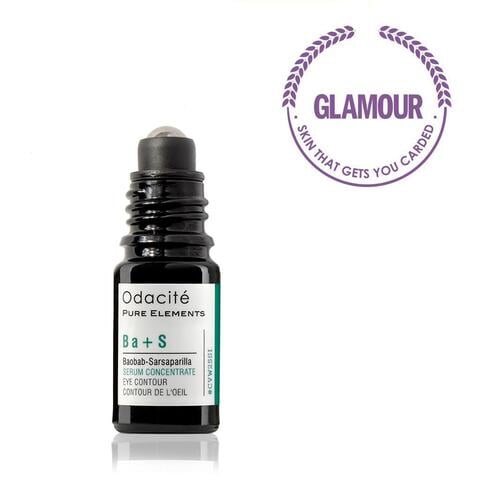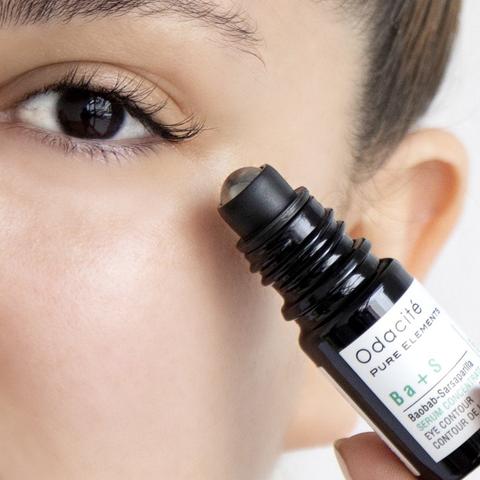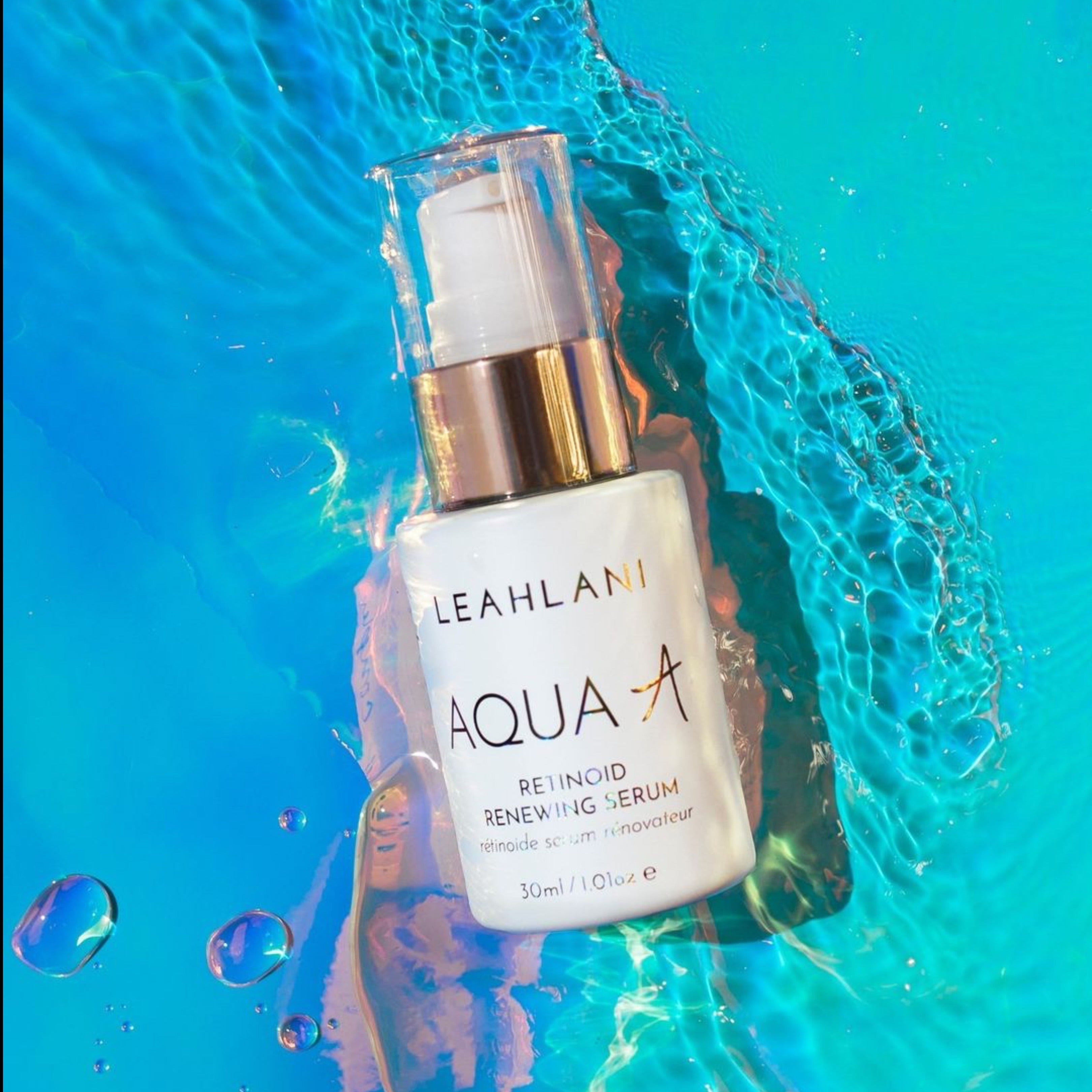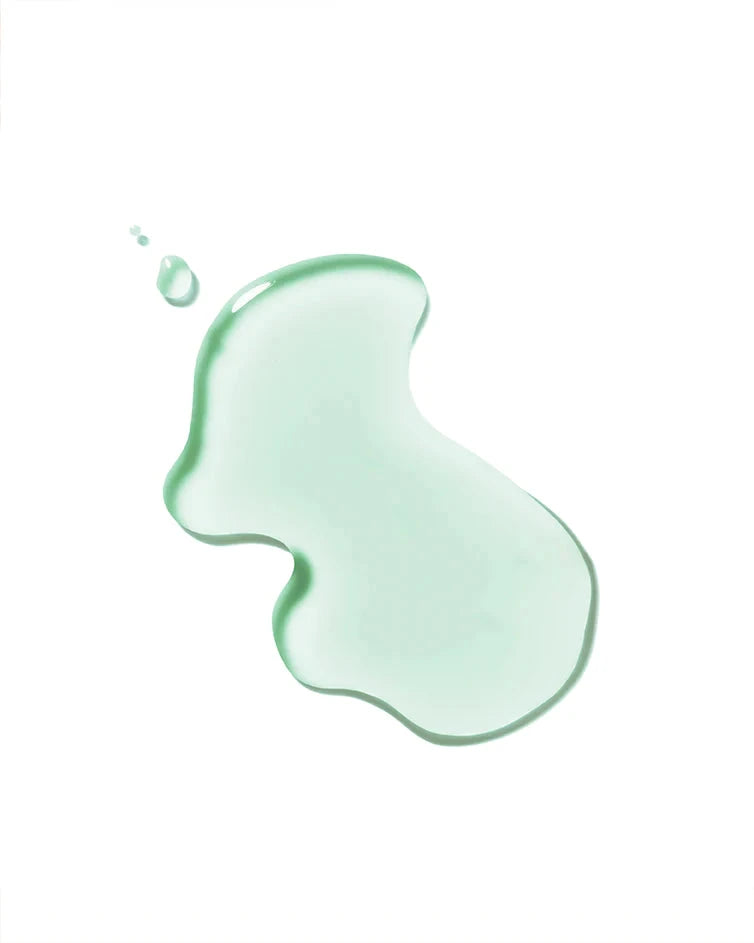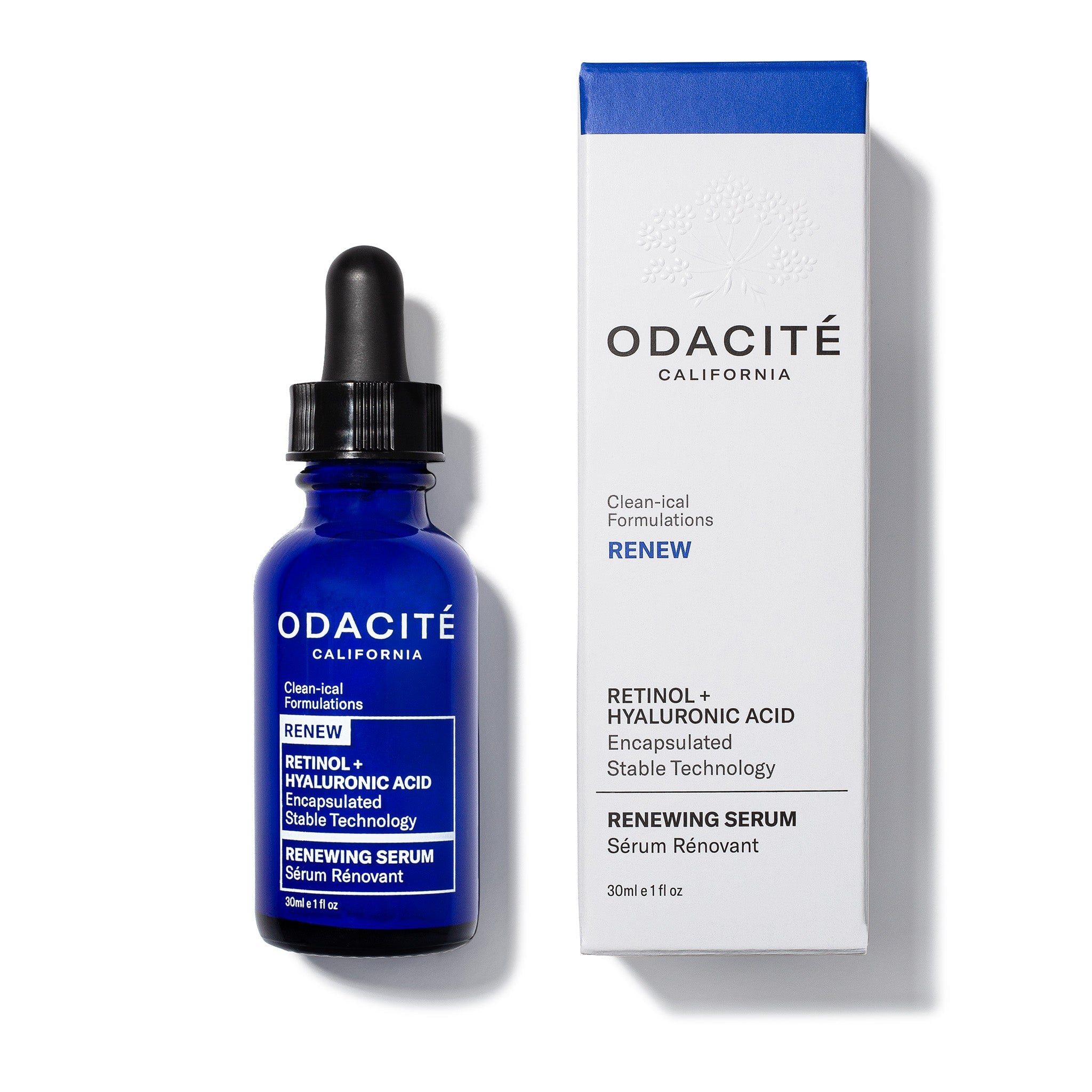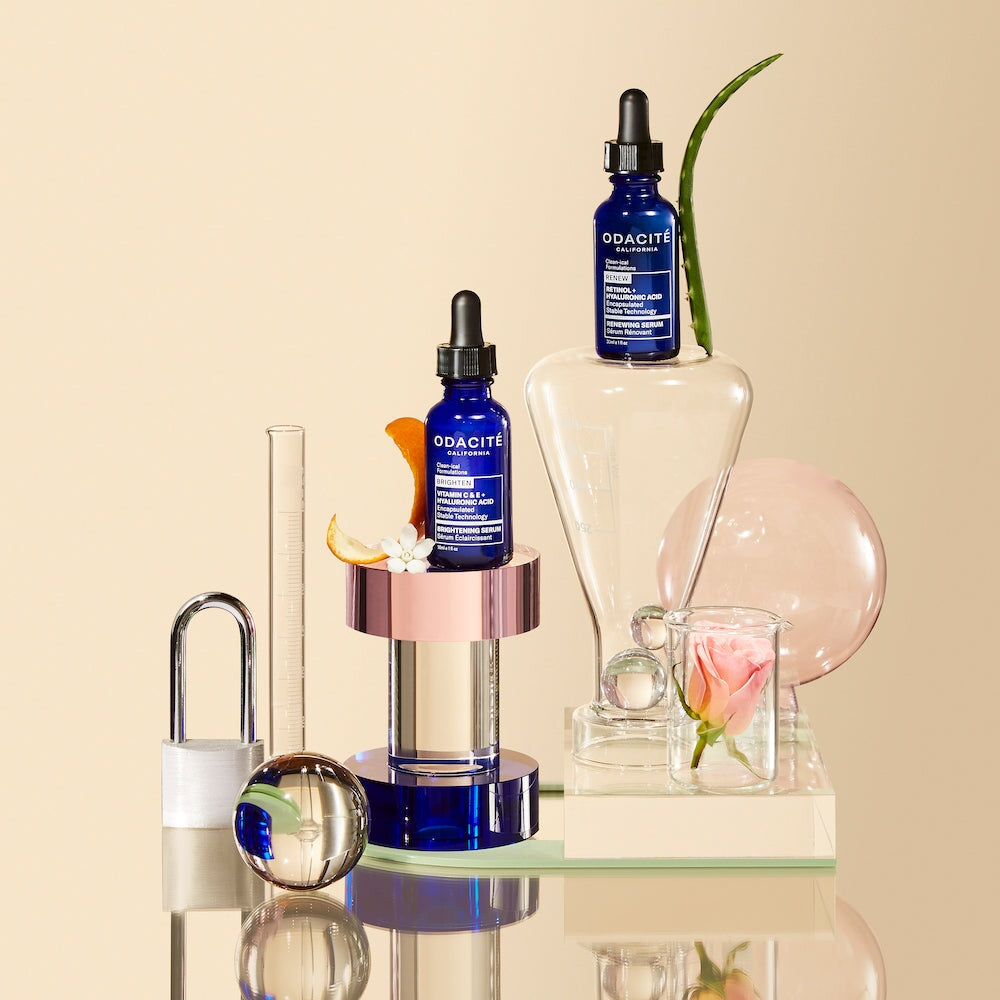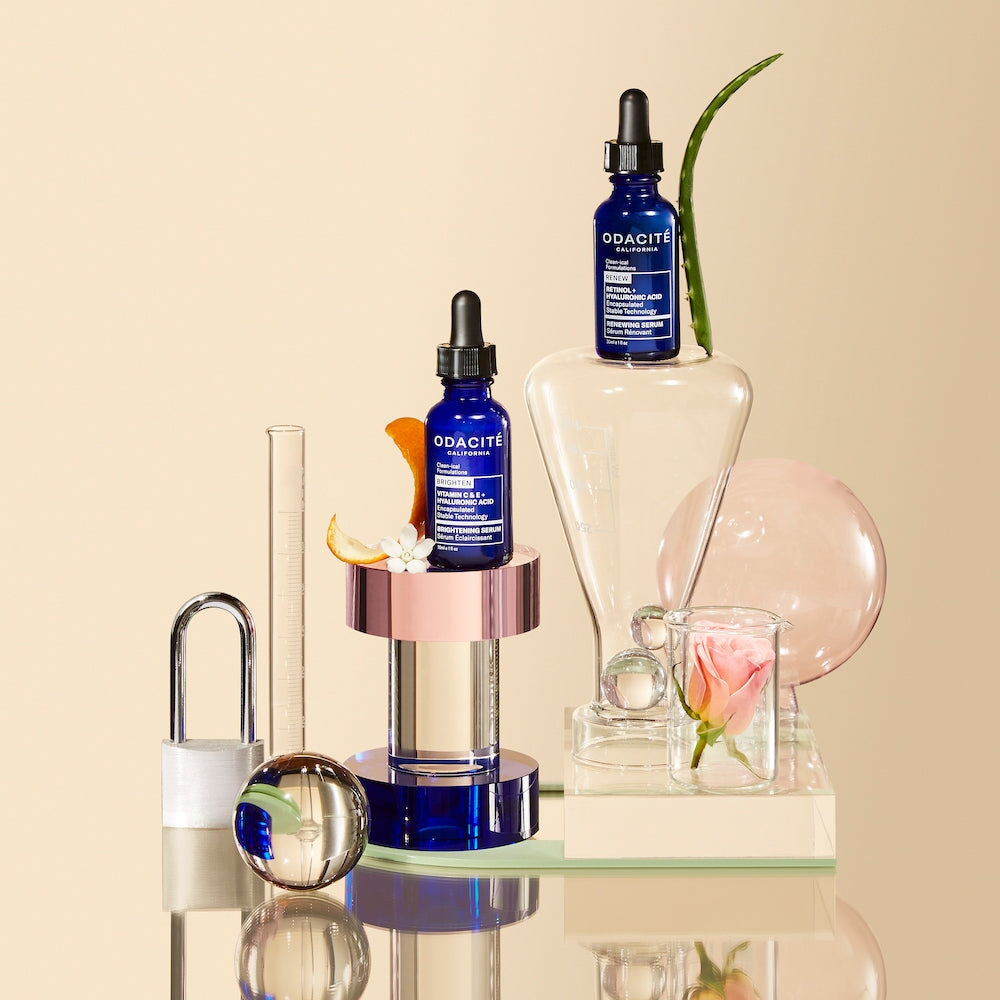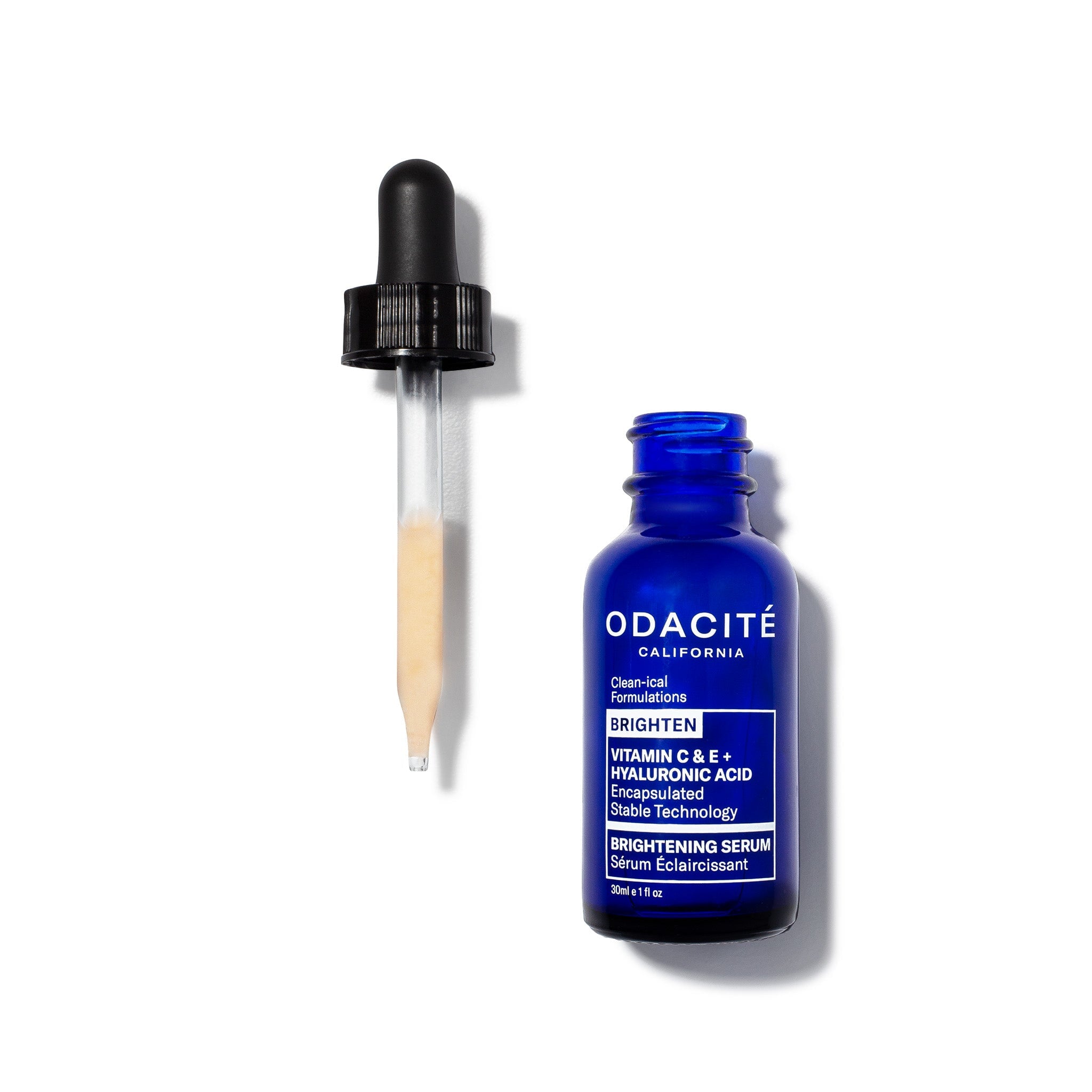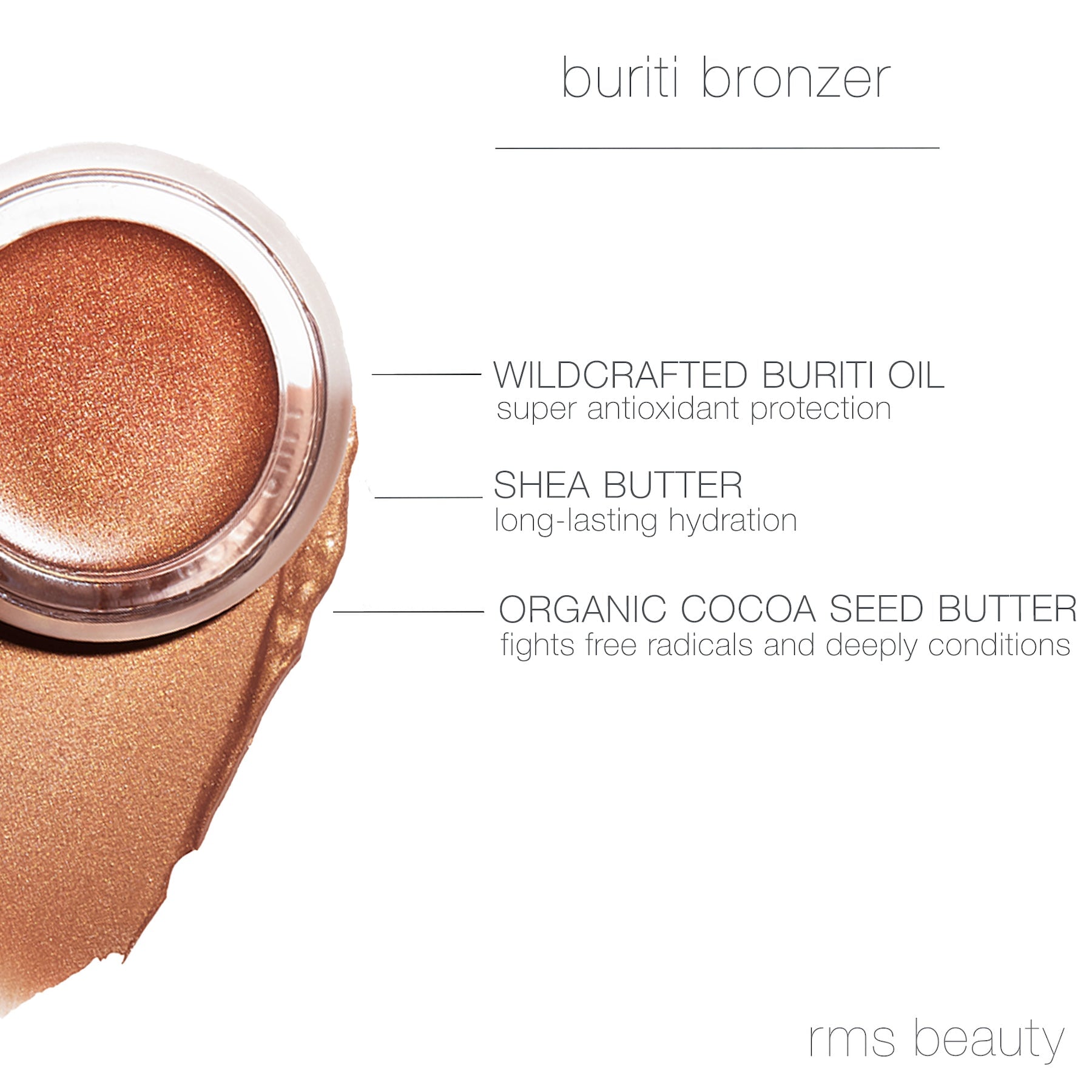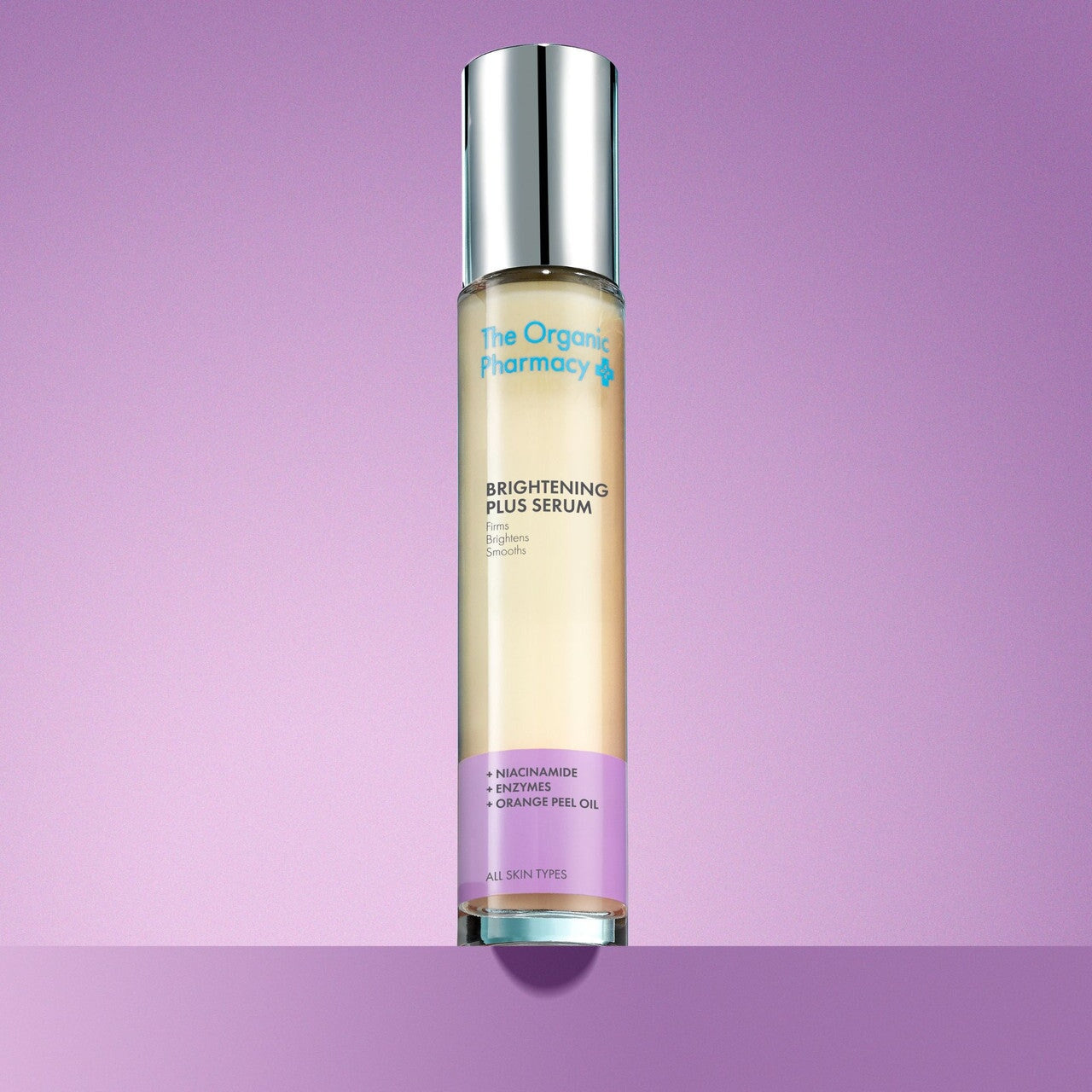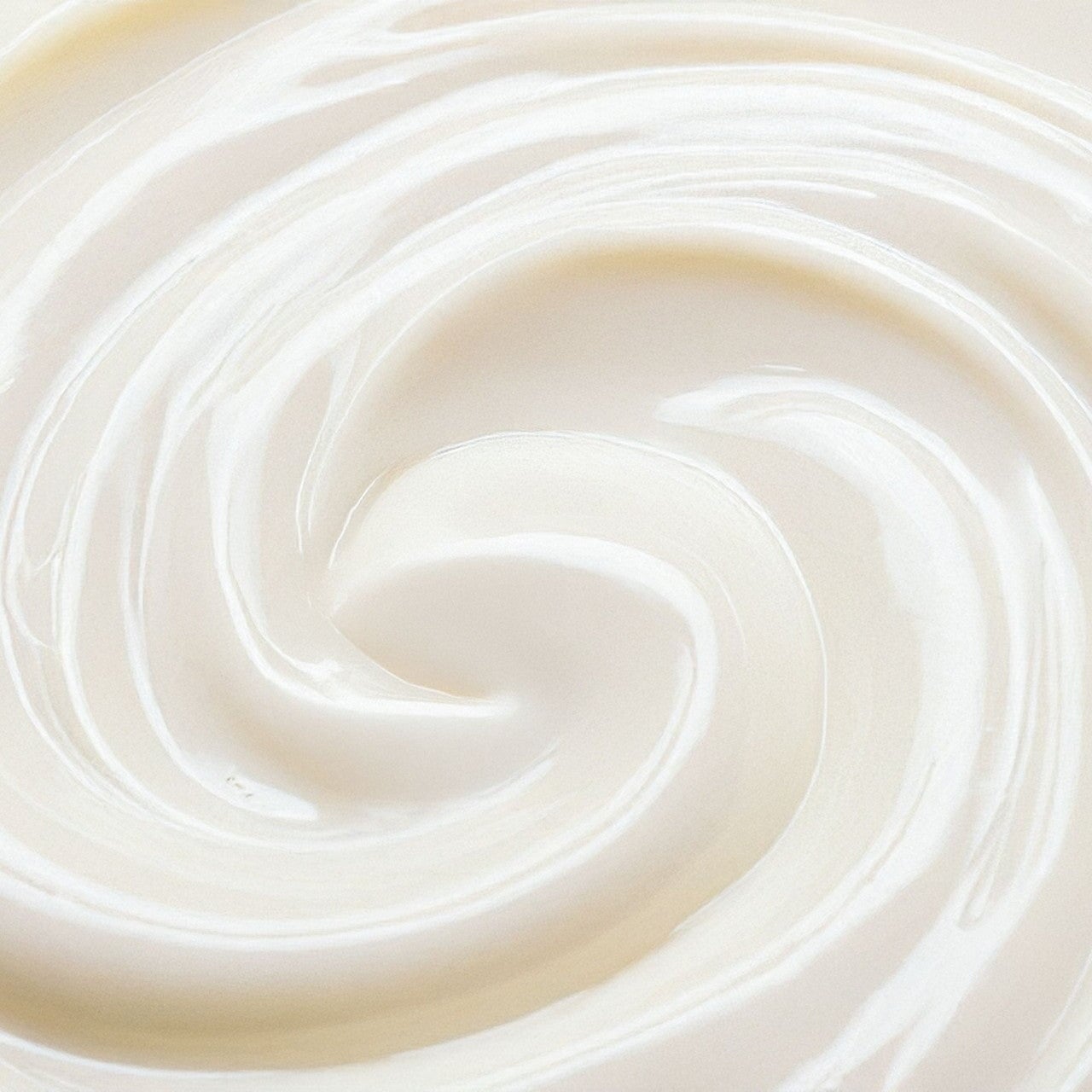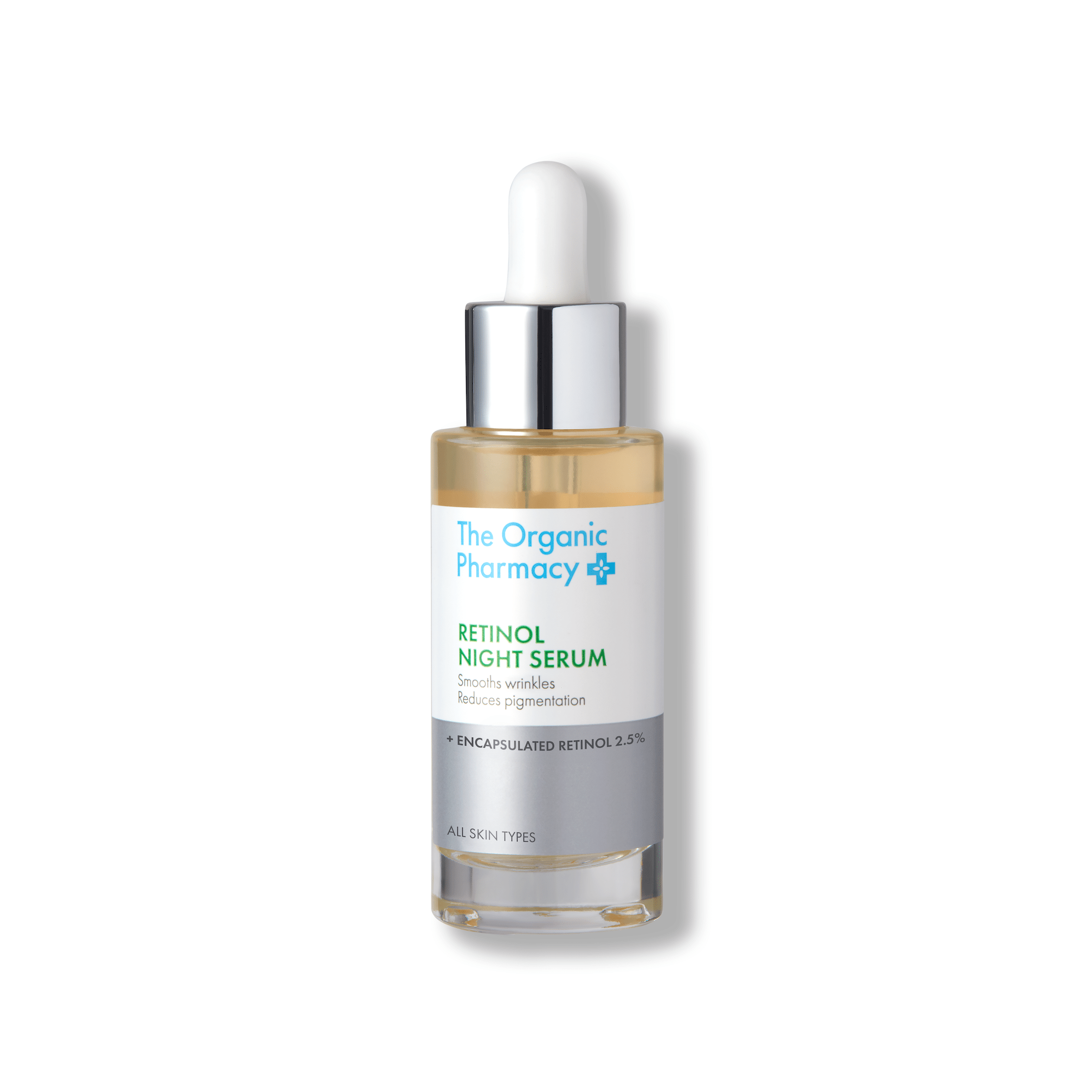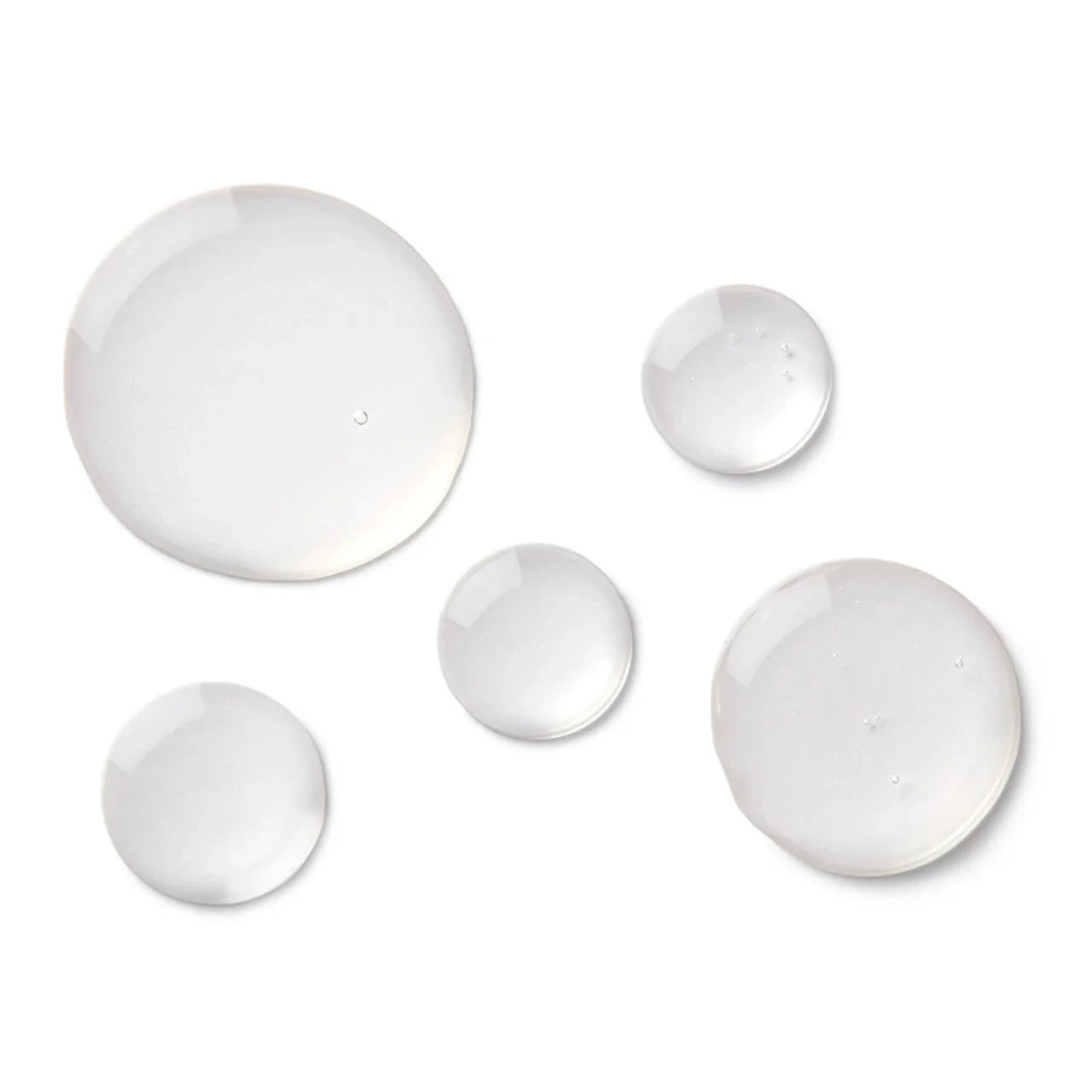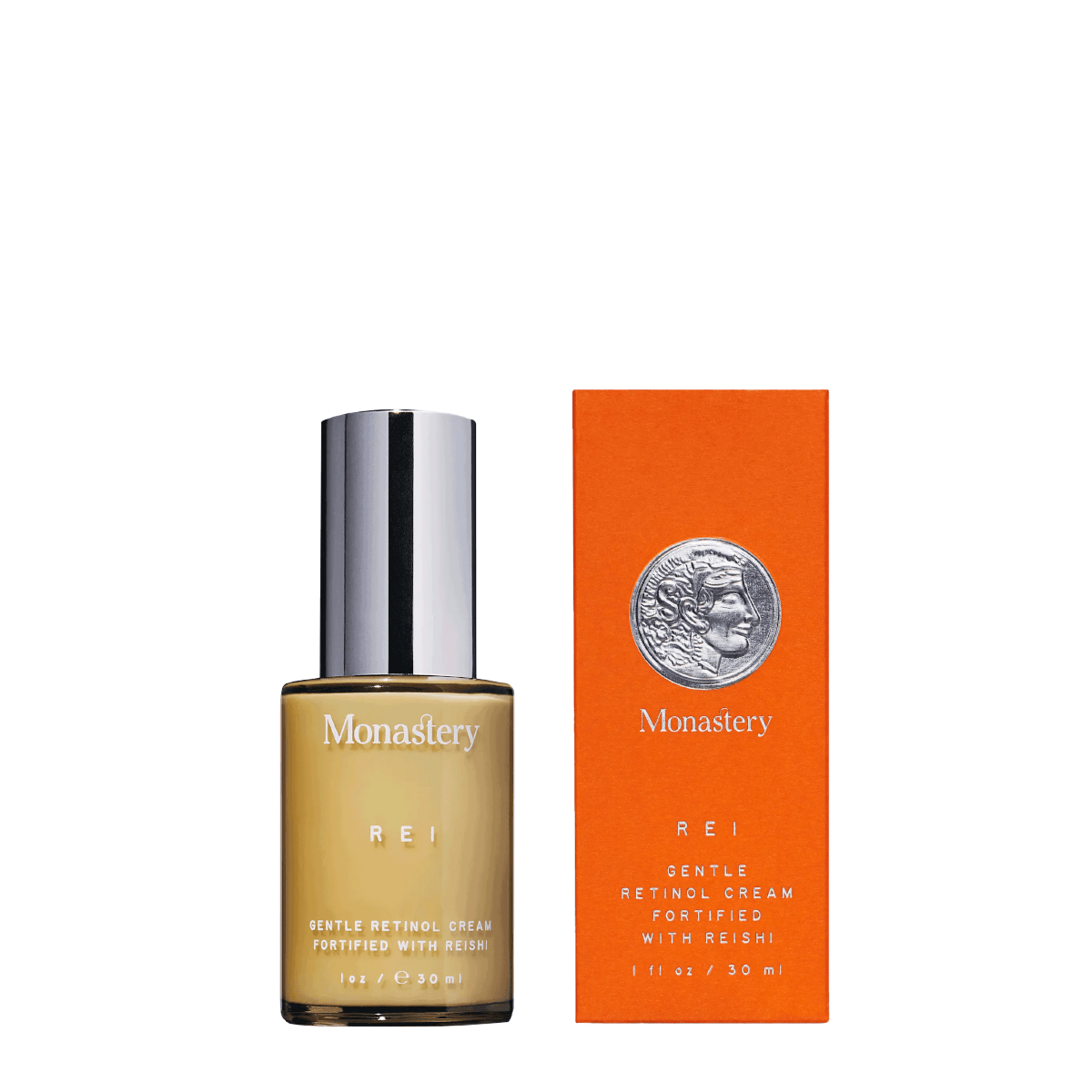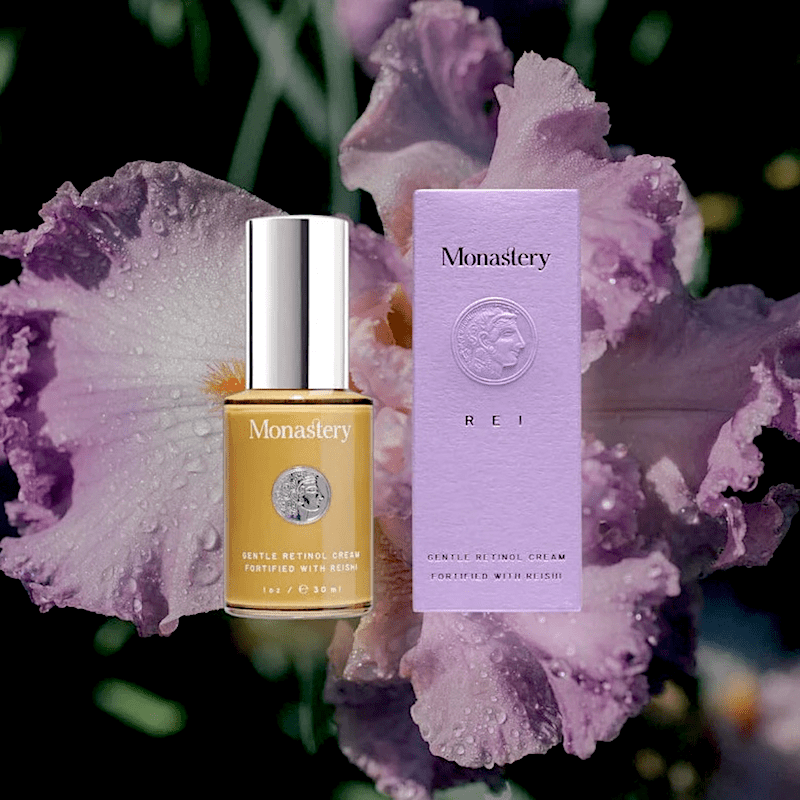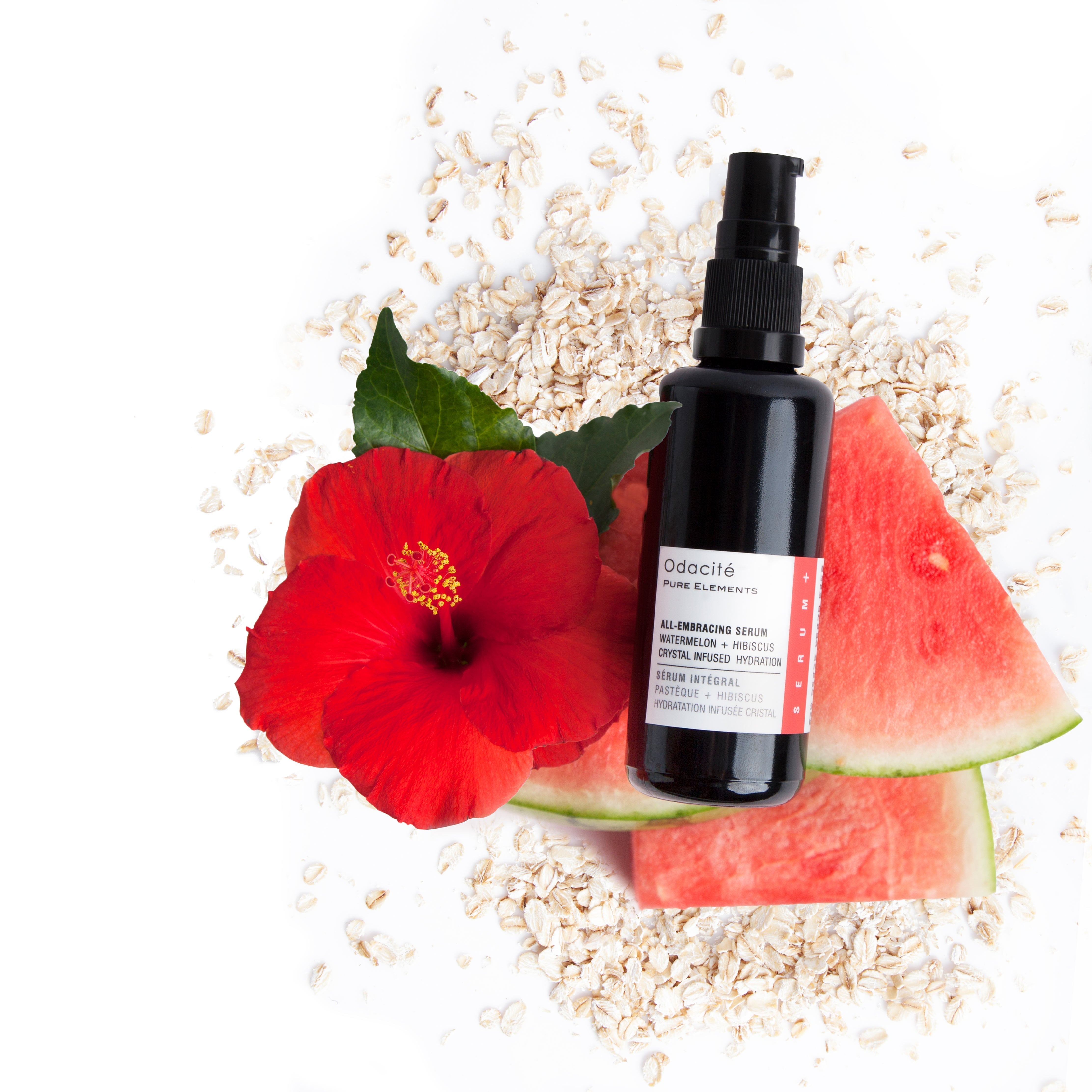Filters
LEAHLANI
Happy Hour Balancing Serum - LEAHLANI
Sale price€39,90 (€13,30/10ml)
Lilfox Miami
Ambrosia Immortalis - Intensive eye care with collagen-strengthening peptides
Sale price€170,00 (€113,33/10ml)
Lilfox Miami
Dewy Bean Dream - Intensive Moisturizer with Niacinamide & Retinol Alternative
Sale priceFrom €25,00 (€50,00/10ml)
LEAHLANI
Mahina Evening Replenishing Elixir - Serum LEAHLANI
Sale price€69,90 (€23,30/10ml)
Odacité California
CaR Vital Glow - Serum | Concentrate with wild carrot for vital skin
Sale price€63,00 (€12,60/ml)
LEAHLANI
Aqua A Retinoid Renewing Serum LEAHLANI
Sale price€74,00 (€24,67/10ml)
Odacité California
RENEW Retinol + Hyaluron Anti-Aging Serum von ODACITÉ
Sale priceFrom €30,00 (€1,00/ml)
Odacité California
BRIGHTEN Vitamin C & E + Hyaluronic Acid Serum - ODACITÉ Glow Serum
Sale priceFrom €34,00 (€34,00/10ml)
RMS Beauty
Buriti Bronzer | RMS Beauty - Cream Bronzer
Sale price€30,00
The Organic Pharmacy
BRIGHTENING PLUS SERUM - Serum against pigment spots & lines
Sale price€49,00 (€16,33/10ml)
The Organic Pharmacy
Retinol Night Serum · The Organic Pharmacy - night serum with retinol
Sale price€49,00 (€16,33/10ml)
Monastery Made
Monastery Made REI - Retinol Night Cream
Sale price€139,00 (€463,33/100ml)



